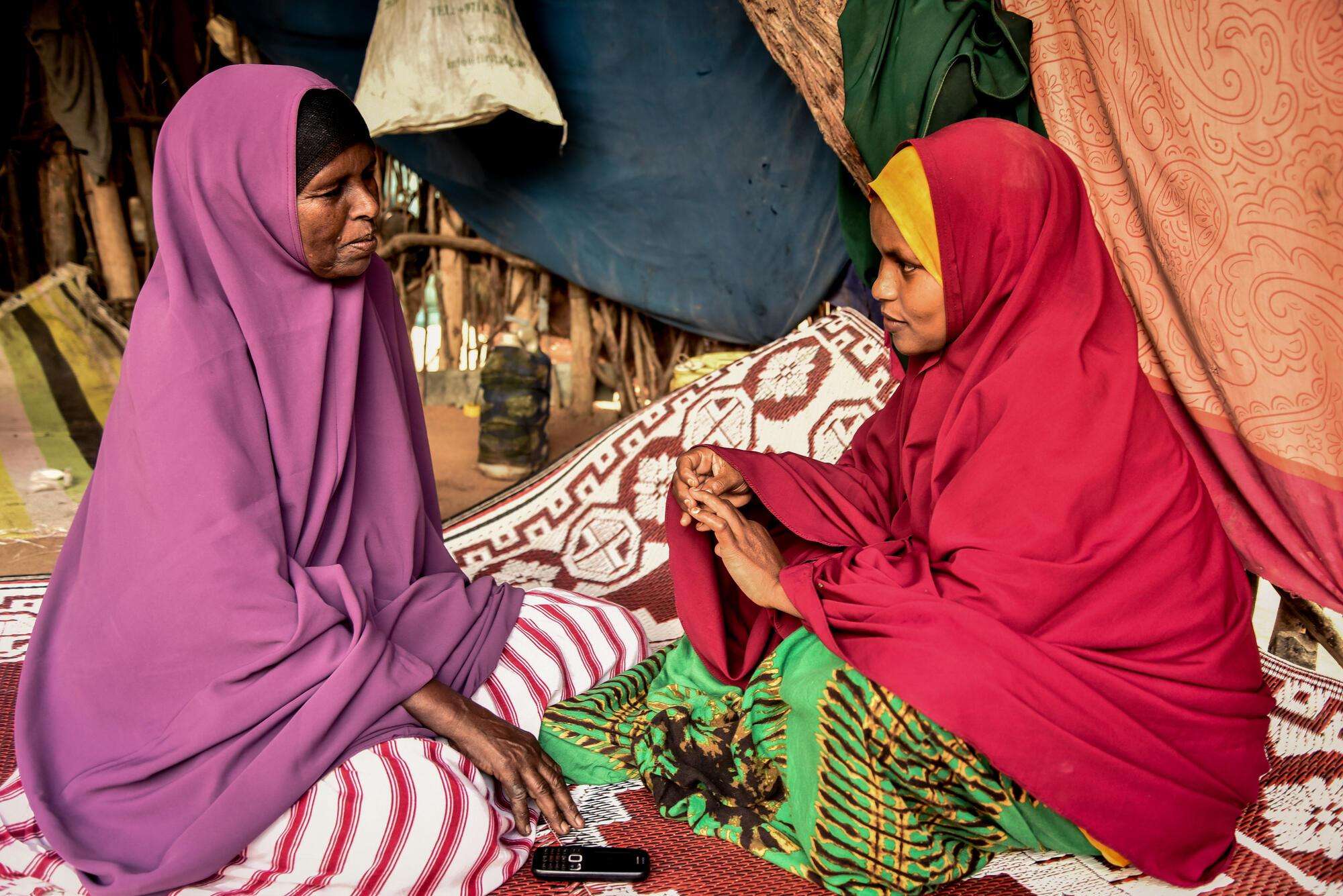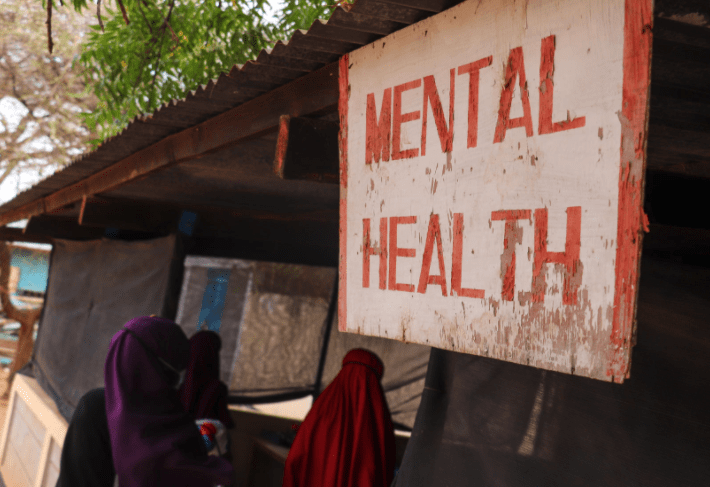In March, the government of Kenya announced renewed plans to close the massive Dadaab and Kakuma refugee camps. Together, the camps host almost half a million people—about 84 percent of all refugees in Kenya—predominantly from Somalia and South Sudan. The news comes five years after the government first announced plans to close Dadaab, which were ultimately deemed illegal by the High Court of Kenya. Once again, the fate of the camps is in the hands of the High Court as they consider a petition calling the forced closure of the camps “unconstitutional.”
Progress towards durable solutions for people living in the camps had stalled in recent years as resettlement slowed to a trickle and humanitarian funding was slashed.This year the World Food Program reduced food rations by almost 60 percent. The COVID-19 pandemic also disrupted initiatives to support refugees, such as education opportunities, and added another layer to the fear and uncertainty faced by hundreds and thousands of people living in the camps.
Doctors Without Borders/Médecins Sans Frontières (MSF) works in Dagahaley—the oldest of Dadaab’s three refugee camps—providing comprehensive health care, including mental health care. Many of our patients have lived in the camp since it was established in 1992—some were born here. Calls to close the camps come at a time when the mental health of many refugees—especially those who have been stranded in Dagahaley for decades—is dramatically deteriorating. In 2020, in Dagahaley, three people took their lives and 25 others reportedly attempted suicide.
While MSF supports the need for sustainable alternatives to refugee camps, our teams are extremely concerned that the voices of refugees living in the camps are not being heard. To reach viable and humane solutions, refugees must be included in conversations about their future and the future of the camps.
In late March, Adrian Guadarrama, deputy program manager for MSF in Kenya, visited Dagahaley. Here he talks about why MSF is concerned about the closure of the camps and what more needs to be done.
Uncertain future
Imagine yourself in Dadaab, not knowing what will come next, with no grip on your future. Completely dependent on shrinking humanitarian aid and petrified of being pushed back into Somalia, a country your parents escaped from almost three decades ago, a country that most young people in Dadaab have never seen. Since they fled Somalia, violence has only entrenched itself further, and an unpredictable climate of droughts and floods has made survival that much tougher.
To even consider closing the camps in the middle of a pandemic, and especially during a period of increased fragility in Somalia, is rash and contrary to good public health and human rights practices. If not well thought through, such a decision will have devastating consequences for refugees.
Kenya has demonstrated immense generosity in hosting hundreds of thousands of refugees for decades. This is in stark contrast to many wealthy countries, like the United States, that resettle far fewer refugees and frequently deny refugees and asylum seekers their right to seek safety. Kenya has historically welcomed those fleeing danger and seeking safety, but an abrupt closure of camps will sadly mean an end to that solidarity.
There is no excuse to leave refugees stranded without offering them options to lead a dignified life safely and freely. We agree that refugee camps are not a long-term solution—we have been calling for sustainable solutions for refugees in Kenya for years.
Supporting integration of refugees into local communities
The Refugee Bill currently being debated in the Kenyan parliament is one such solution. If it is passed and implemented, it will ensure that refugees in Kenya can move freely, earn a living, and access public services.
But Kenya cannot—and should not—be solely responsible. Kenya’s economy, like many others, has been sharply hit by the pandemic. Only a few governments provide humanitarian assistance for refugees living in camps in Kenya. Humanitarian funding has also declined, with sharp cuts announced for this year.
It is imperative that high-income governments shoulder their fair share of responsibility. They should urgently increase development funding to help Kenya expand its public services in order to integrate refugees into local communities, while ensuring sufficient levels of humanitarian assistance in the camps until additional solutions have been found.
Multilateral institutions such as the World Bank must lead the search for durable solutions for refugees. Along with UNHCR, they need to bring Kenyan lawmakers and authorities around the table to devise local integration pathway for refugees.
Resettlement and complementary pathways are vital
Last year, refugee resettlement was at a record low. Wealthy governments should urgently support and facilitate increased resettlement and complementary pathways for refugees. Implementing adequate safety and health protocols to prevent the transmission of COVID-19 are now feasible, so the pandemic can no longer be used as an excuse to deny refugees avenues to safety.
Above all, the United Nations and the international community must renew their efforts to promote peace and stability in Somalia. The very fact that Dadaab has existed for three decades is a failure of peace initiatives.
Refugees dream of one day leaving Dadaab, but not at all costs. When the time comes for them to leave Dadaab it must be because they freely choose to do so, and only once their dignity, health, and freedom have been assured.





